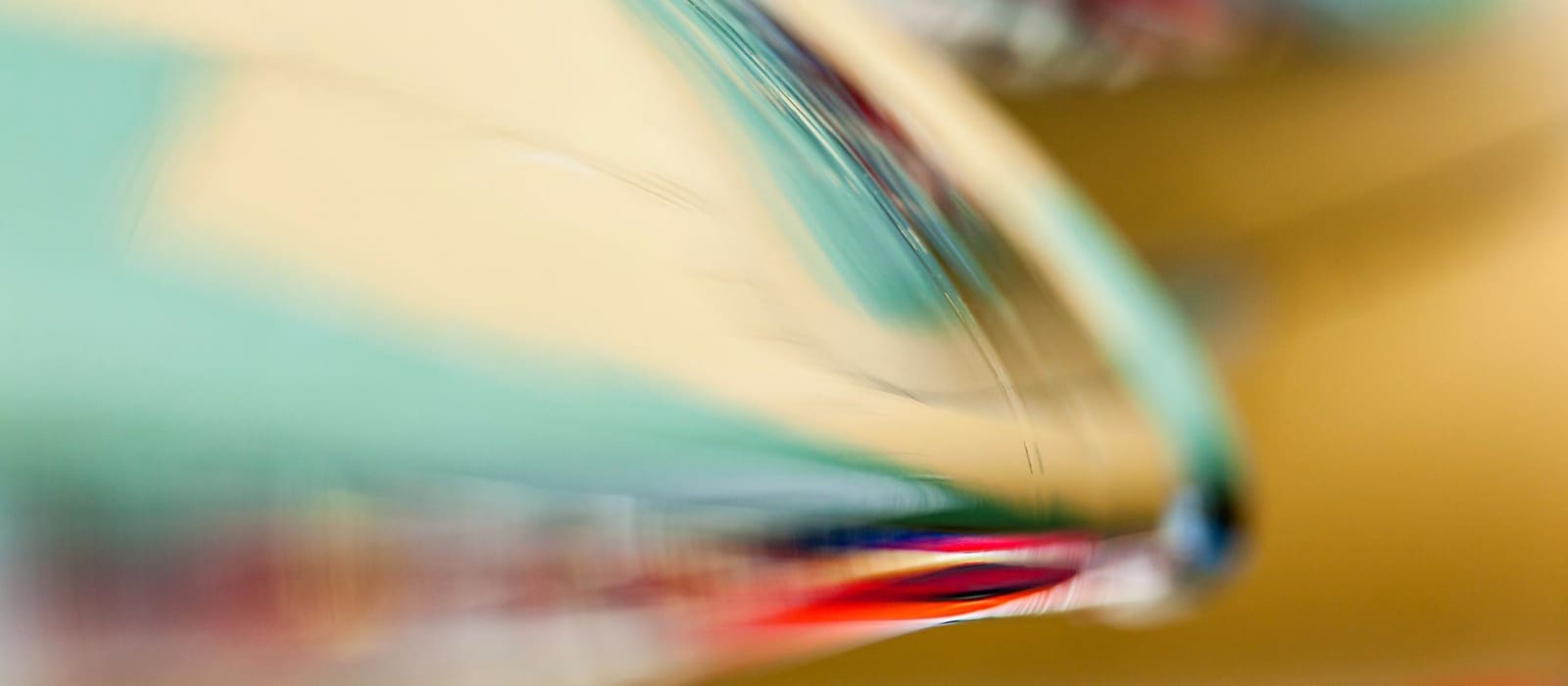Carleton University is committed to ensuring that the use of animals in research and in teaching conforms to the most rigorous ethical standards while actively supporting cutting edge science.
Carleton University researchers use animals (mainly laboratory mice and rats, and fish) to:
- understand and work towards treatments for human and animal diseases and other conditions, such as those affecting, brain, spinal cord and sensory and nervous system function; and
- understand and protect the environment and those who live in it.
Scientists use a variety of methods that do not involve animals to carry out their work, but animals must be used in some cases in order to understand:
- how fundamental systems work in living creatures;
- what treatments might work for a given condition; and
- whether a given treatment is promising enough to be tried in humans – government regulatory authorities require animal-based work before clinical trials of a new treatment go forward.
Licensing and certification
All applicable Canadian, provincial and international regulations and standards are actively met and often exceeded. Carleton University is:
- certified by the Canadian Council on Animal Care
- licensed under the Ontario Animals for Research Act
The certification and licensing processes involve detailed reviews of animal care and use to ensure that they meet the high Canadian and Ontarian standards.
Institutional framework
Carleton University actively applies the internationally accepted tenet of the Three Rs of replacement, reduction and refinement of animal use, within the provisions of the fundamental CCAC policy statement for senior administrators responsible for animal care and use programs.
Alternatives to animal use
Animals are only used at Carleton University in cases when other methods cannot be used. Scientists make extensive use of observations, cells and tissues, computer modeling and a variety of laboratory experiments and other methods that do not involve animals to better understand the living world and find treatments and solutions to human and animal health and environmental problems.
Scientific merit
Only animal-based research that is found to be scientifically sound and promising through independent, expert review is undertaken at Carleton University.
Ethical and practical approval of animal use – the Animal Care Committee (ACC)
When scientists determine that animal use is necessary, they must submit a detailed written proposal to the Carleton University Animal Care Committee (ACC). These proposals include the rationale for animal use and for the species and numbers of animals to be used, as well as all possible safeguards and refinements for animal care and use. The ACC includes veterinarians, community representatives, animal health technicians and scientists. The committee members examine the proposals from an ethical and practical perspective. In cases where animal-based work is the only available method for promising science to progress, and after all questions and concerns have been appropriately addressed, the ACC may choose to approve the proposal, with any conditions needed to protect the animals.
ACC and veterinary authority for animal care and use
The ACC has the institutional responsibility and authority to oversee all animal care and use, and to stop any animal-based project if it is not being carried out as approved or the animals are not responding as expected. The veterinarians also have the authority to stop animal use, and have the responsibility and authority to treat animals as needed, for the animals’ health and welfare, and to work with the research teams and the ACC members to ensure appropriate animal care and use.
Safeguards for animals
Once the animal use proposal has been approved by the ACC, the researcher may proceed with the work within the comprehensive Carleton University animal care system. Veterinary technicians and veterinarians provide animal care and follow the work being done by research teams. The ACC and university senior administration oversee both the research and animal care teams.
Healthy, well cared for animals are ordered by the institution from highly reputable suppliers. Veterinary technicians provide daily animal care and veterinarians oversee animal health and care. They and the research teams work within a detailed set of animal care and use policies and procedures approved by the ACC, which meet or exceed CCAC standards. The veterinary care and support provided to animals is equivalent to modern medical care for humans.
There are high standards of housing in place that meet animals’ physical, social and behavioral needs, and that are adapted to each group of animals. The animal facilities meet and generally exceed the high standards defined in CCAC guidelines (fish and laboratory animal facilities).
